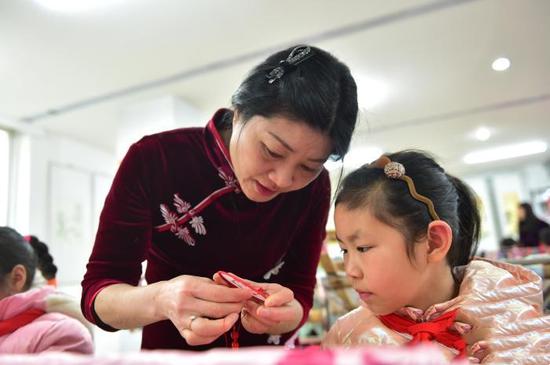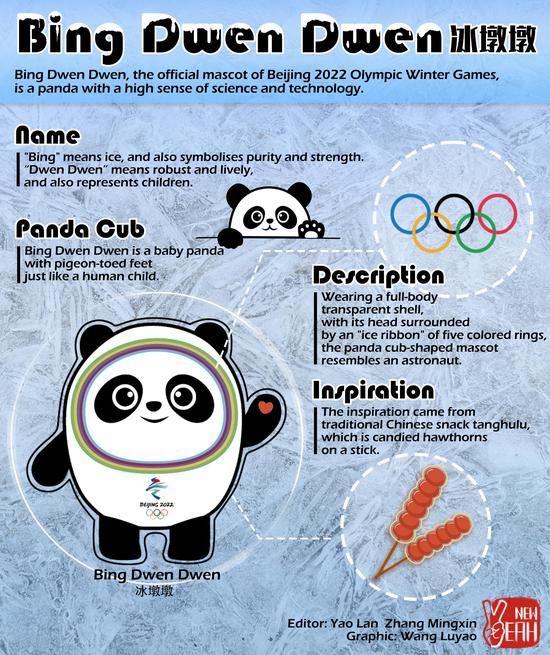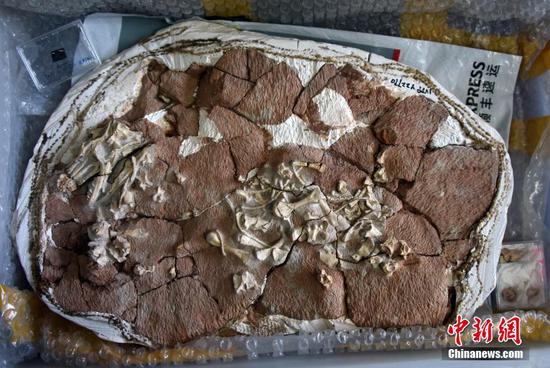Smart farming, which uses modern technologies to manage agricultural activities, is facilitating farmers' work and helping to transform their approach from one of reliance on natural conditions to taking advantage of them.
For example, an orange orchard in Zigui county, Hubei province, is equipped with an app that automatically collects data about the weather and soil moisture. It also uses devices integrated with the internet of things, like a self-driving rail truck used to transport oranges.
Using smartphone apps, the orchard's farmers can manage the timing and scale of irrigation when the monitoring system shows that soil moisture levels are relatively low.
A single farmer with a smartphone can oversee irrigation of 2 hectares of farmland, villager Liu Guohua told the China News Service in December.
On the 533 hectares of orchards in Zigui, a smart irrigation system integrates water supply and fertilization, lowering water use by more than 70 percent and fertilizer use by 40 percent. It can also reduce the labor force required by 90 percent.
The county is home to 16 small meteorological stations and other smart farming platforms that monitor 10 environmental factors related to crop cultivation and soil conditions, said Zhou Yubo, an official with the county's agriculture department.
Han Qingzhong, director of the county's agricultural technology service center, said smart farming has eased the burden on farmers in terms of data collection, transportation of rail cargo and drones that help protect plants.
Pest control
Plant protection in Changchun, capital of Jilin province, is also overseen via efficient smart farming, as the internet of things can calculate the incidence of plant and the pesticides needed to prevent disaster.
Nearly 200 monitoring stations-which collect data about four factors: soil moisture; crop growth; pests; and natural disasters-can reduce the cost of preventing plant and pests by 30 percent.
Data collected via smart devices, such as sensors, HD cameras, micro weather spots and pest capture lights, is transferred to platforms at monitoring stations to support agricultural research and production.
Monitoring and forecasting is a major method of promoting plant protection and reducing the use of pesticides.
Changchun authorities have set up seven smart solar devices to attract insects with lights, aiming to strengthen warnings about large numbers of the larvae of the fall armyworm moth.
The larvae pose one of the biggest threats to farmland and crops, according to an August report in Jilin Daily.
Xiang Jingsong, a drone operator in Shuangjiangkou township, Hunan province, can earn 50,000 yuan ($7,860) a year by spraying Milkvetch seeds over rice fields.
The Milkvetch stalks are later plowed into the soil, where they decompose and fertilize the land for the early rice crop the following year, he said.
In 2019, the township hired a smart farming technology company to provide farmers with a range of services, from sowing to harvesting.
The company uses a smart farming management platform, which displays information related to individual machines, including the area of rice fields worked, duration of operation and fuel consumption.
Its services have been employed on 13,000 hectares of farmland, which has accounted for 70 percent of the company's annual income in recent years, a company official said.
As a growing number of farmers in rural areas are employing advanced agricultural technology, many new companies have joined the smart farming sector to offer greater technological support.
Syngenta, a world-leading agricultural technology enterprise, has developed the Modern Agriculture Platform to provide customized solutions, from sowing to harvesting. It also offers free services to farmers, such as remote sensing inspections of land, accurate weather data and warnings about plant diseases and pests.
These services enable farmers to use natural conditions efficiently, rather than allowing the conditions to dominate work and other activities.
So far, 880,000 farmers have registered with MAP, which provides smart farming services in 519,000 farms, covering 28 provinces nationwide, according to Economic Information Daily.


















































 京公网安备 11010202009201号
京公网安备 11010202009201号